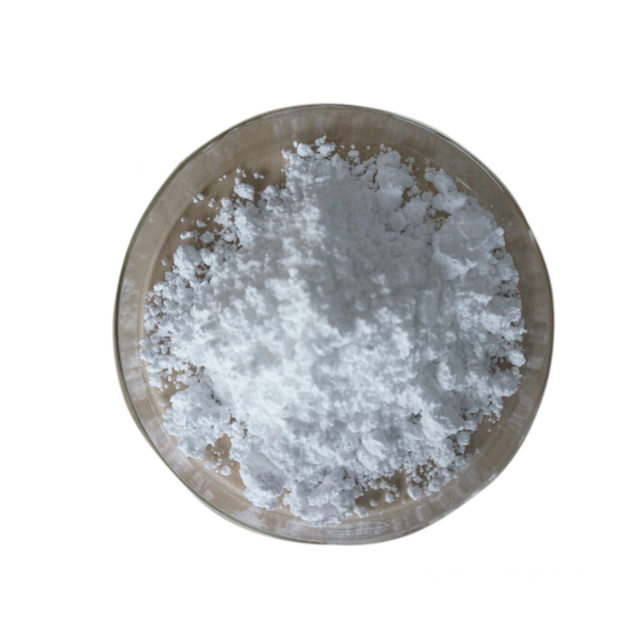Melitane, also called Nonapeptide-1, is a propriety peptide that was originally developed for its antimicrobial activities. Animal research has revealed, however, that nonapeptide-1 can inhibit the synthesis of melanin, which makes it of interest for treating certain skin conditions. Animal models suggest that nonapeptide-1 can reduce synthesis of melanin and help decrease skin pigmentation to a substantial degree.
Melitane is of primary research interest for its ability to reduce hyperpigmentation by inhibiting the action of tyrosinase in melanin-producing cells. The ability to regulate melanin production has potential application in a number of conditions, including photodamage of the skin.
Research also suggests that Melitane may play a role in the central nervous system where it may act on both dopaminergic receptors and opioid receptors to modify pain signaling as well as behavior. Studies in mice support the idea that nonapeptide-1 may have central actions that affect behavior and pain.
Application Area:
1. Melitane Blocks the binding of α-MSH with its receptor MC1R on the cell membrane of melanocyte. The successive melanine producing process is stopped.
2.A whitening agent that works on the very initial stage of skin darkening mechanism. Highly efficacious.
3. Melitane Prevents further activation of tyrosinase & thus blocks melanin synthesis for better control over skin tone & brown spots.
4. Melitane Prevents hyperproduction of melanin.
5.Whitening activity proven on Asian skin.



